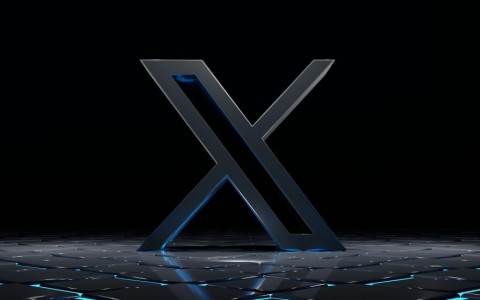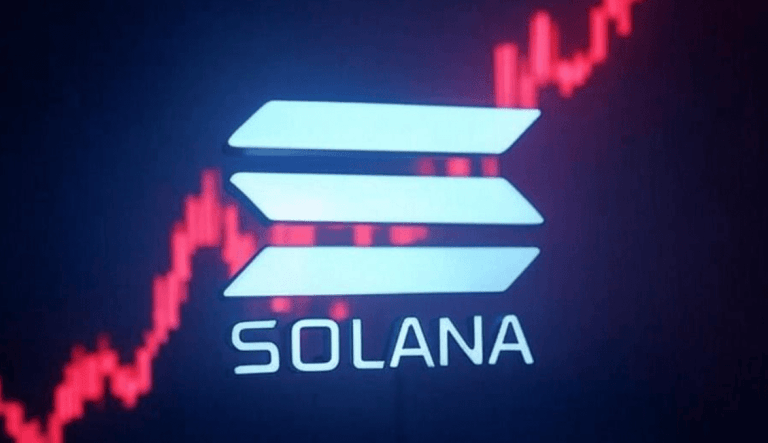Ethereum core developers push Shanghai upgrade to early April

The final dress rehearsal for Shanghai has been slated for a Mar. 14 launch, while the real thing will happen a few weeks later.
Ethereum developers have pushed back the highly-anticipated Shanghai hard fork by approximately two weeks.
Initially estimated for late March, the Shanghai upgrade will now likely be deployed sometime within the first two weeks of April. The delay was announced at an Ethereum developer meeting on Mar. 2.
During the meeting, core developers came to the consensus that the hard fork would occur about a fortnight after the Goerli testnet launch, which has been slated for Mar. 14. The Goerli testnet will be the final dress rehearsal for the Shanghai hard fork before it is rolled out on the mainnet.
So looks like Goerli testnet is getting upgraded to Shapella
Epoch: 162304
Time: 3/14/2023, 10:25:36 PM UTCSee ya on the other side!
— terence.eth (@terencechain) March 2, 2023
Ethereum core developer and project coordinator, Tim Beiko, said “for mainnet we usually want to give people at least two weeks after the announcement,” before adding, “so imagine Goerli happens on the 14th, everything goes well, on the 16th we agree to move forward with mainnet — I think the earliest that puts us is like the first week of April.”
Beiko noted in a Twitter thread on Mar. 2 that they did not agree to a mainnet date explicitly, but they will „probably“ set a date during the next developers meeting on Mar. 16, „assuming things go well on Goerli.“
We didn’t agree to a mainnet date explicitly, but assuming things go well on Goerli, we’d probably set a date on the next ACDE (Mar 16).
— timbeiko.eth (@TimBeiko) March 2, 2023
The Shanghai Capella (also dubbed Shapella) upgrade to Goerli will be the last chance for Ethereum clients and staking providers to ensure the Shanghai hard fork can go through smoothly when it launches on the mainnet.
The long-awaited Shanghai mainnet upgrade will allow the phased withdrawal of Ethereum staked from the Beacon Chain.
To maintain network stability and security, ETH withdrawals will be dynamic and dependent on how many validators there are exiting at the time. Validators must undergo a two-stage process involving an exit queue and a withdrawal period so it will happen gradually over time.
There are currently 17.1 million ETH staked on the Beacon Chain representing just over 14% of the entire supply. At current asset prices, it is valued at around $28 billion.
Related: Ethereum testnet successfully forks in Shanghai upgrade rehearsal
Furthermore, Shanghai has also been considered bullish for liquid staking providers. Currently, staked ETH is locked on the Beacon Chain and has been since December 2020 when the Ethereum consensus layer was launched.
Liquid staking platforms such as Lido offer more flexibility and better yield opportunities on staked ETH so may see an influx of collateral in the months following Shanghai.









